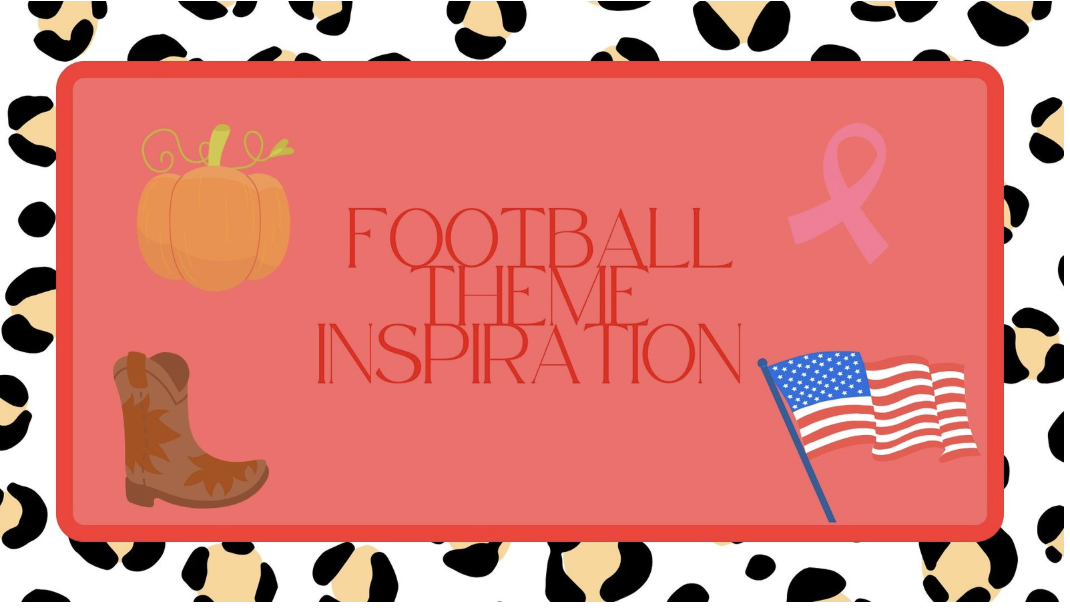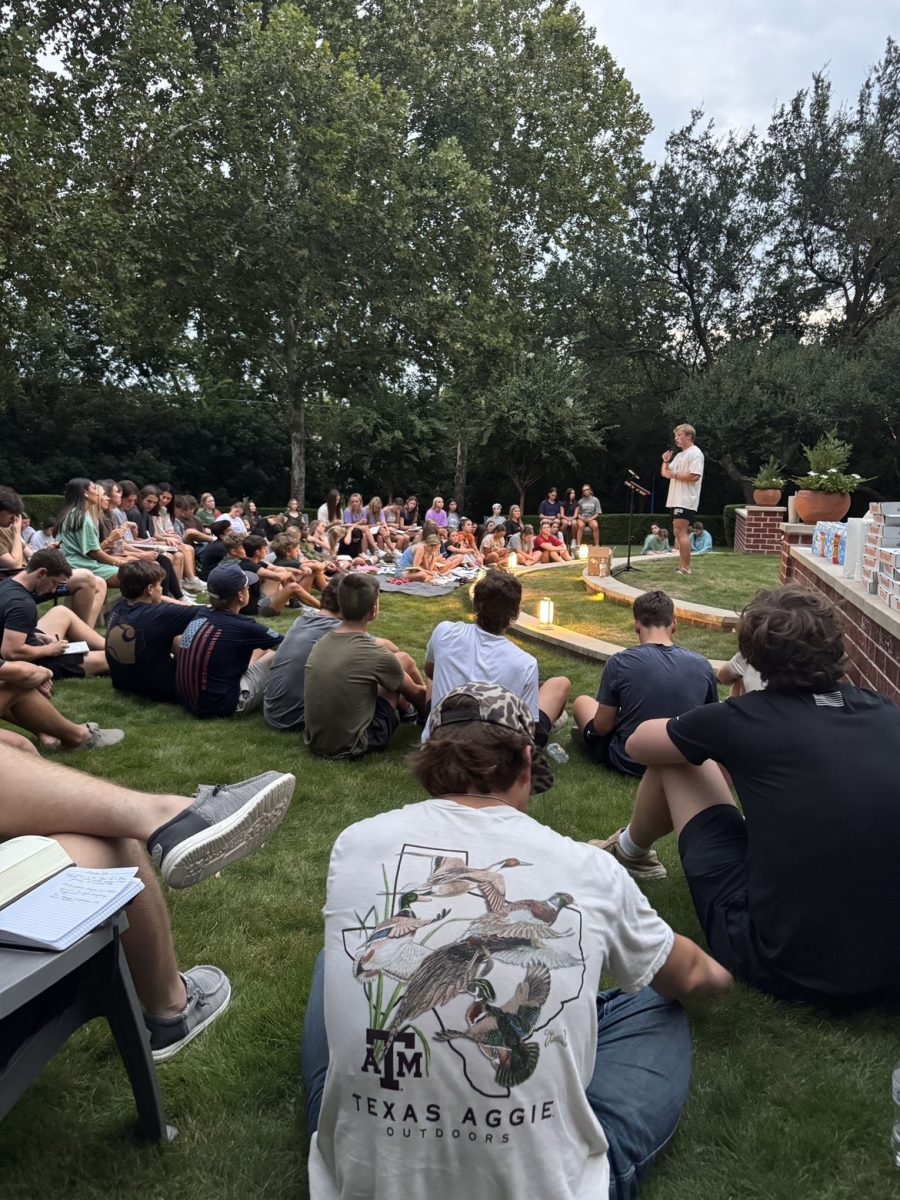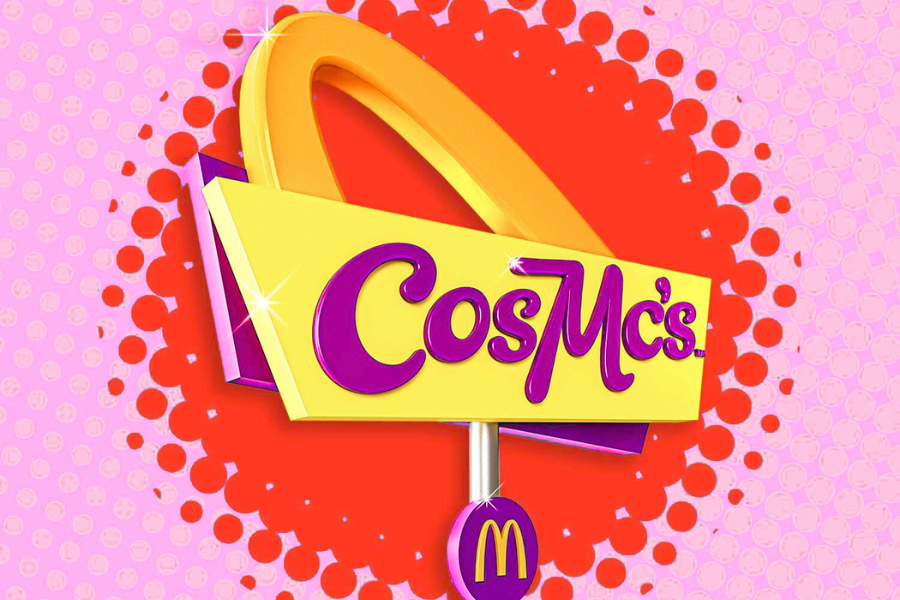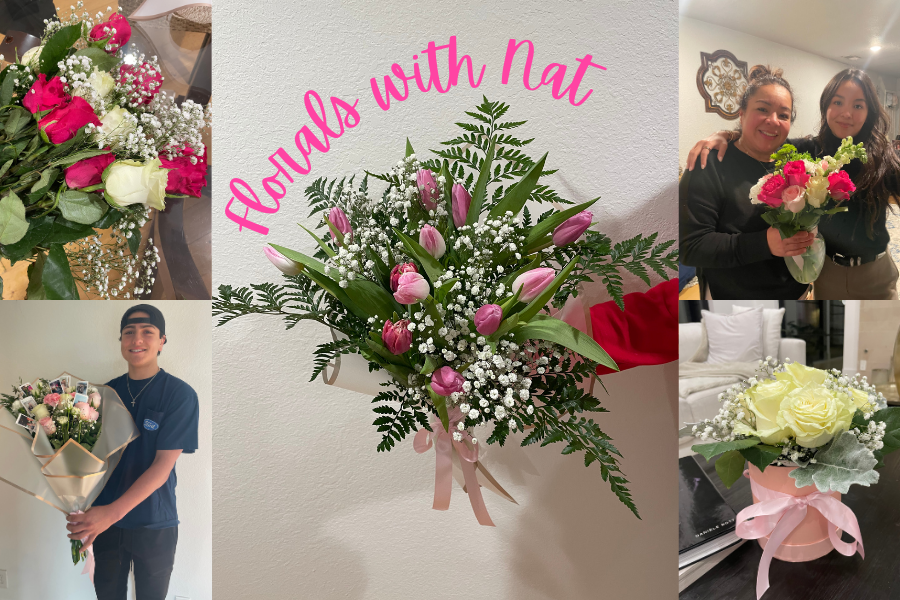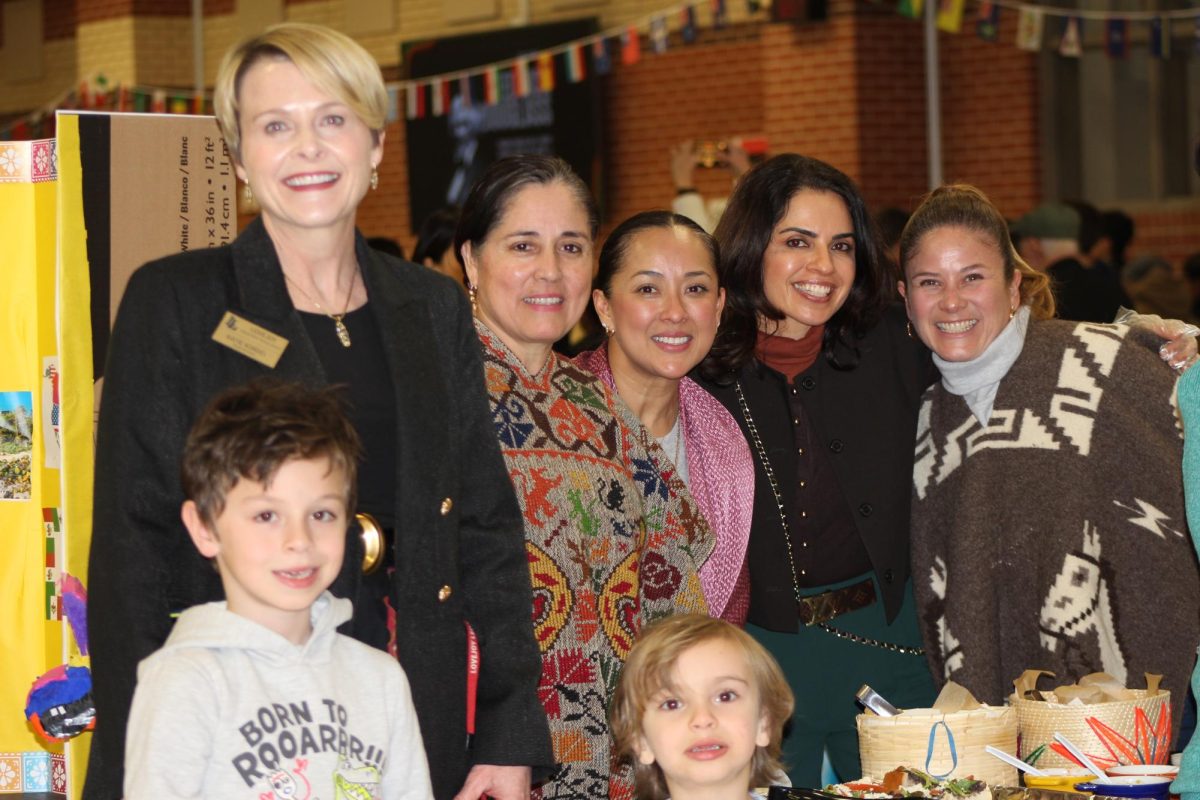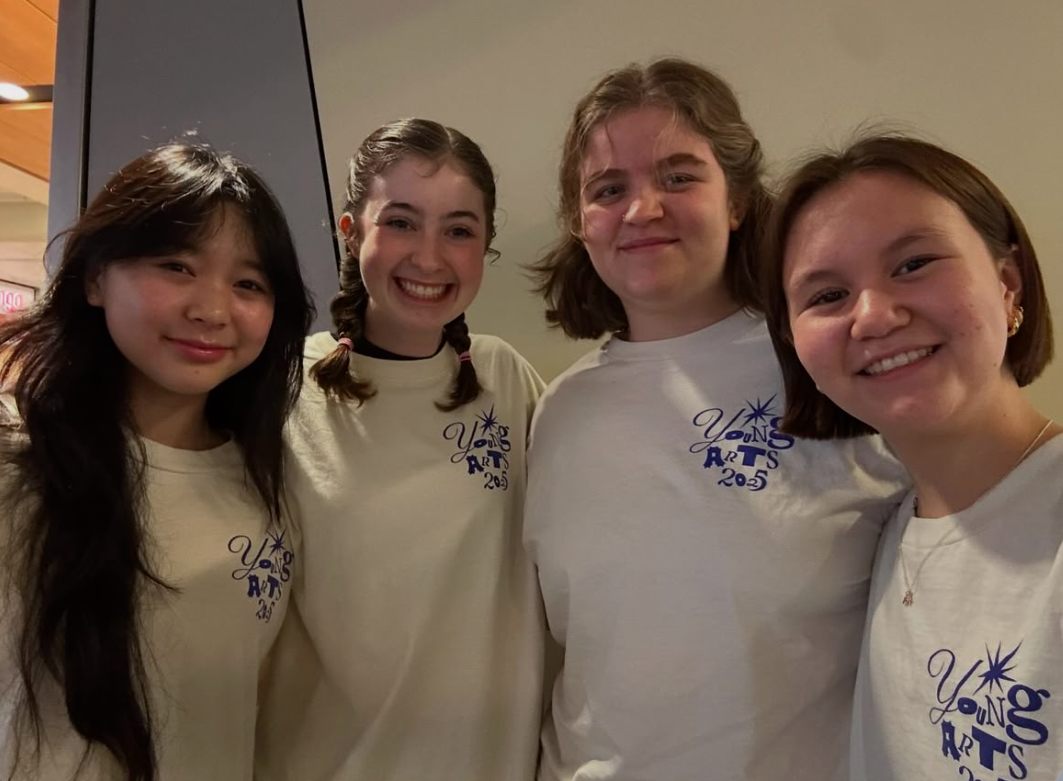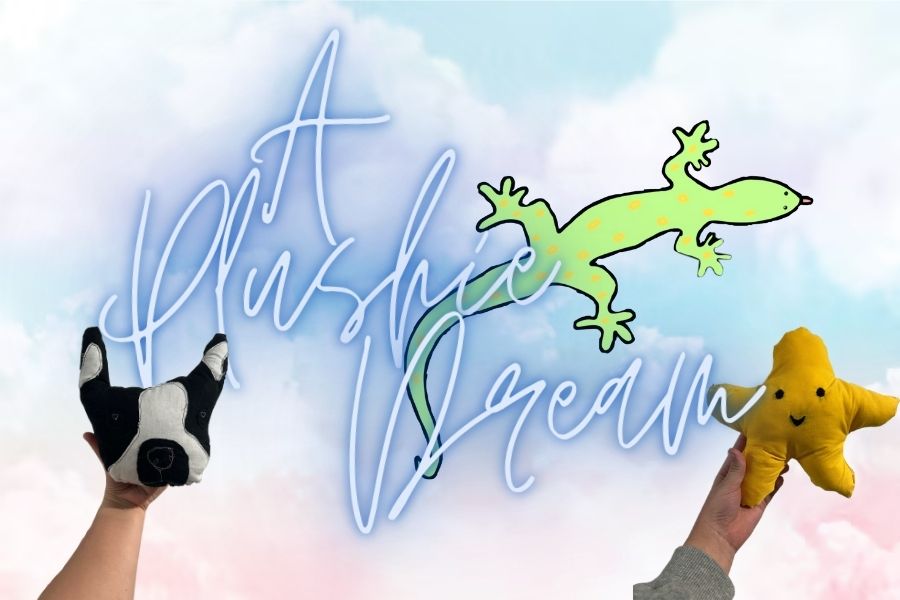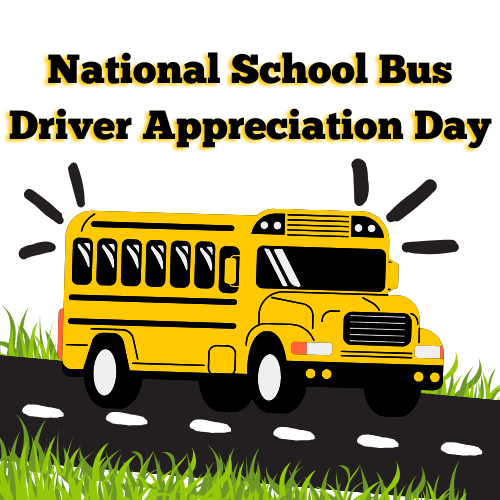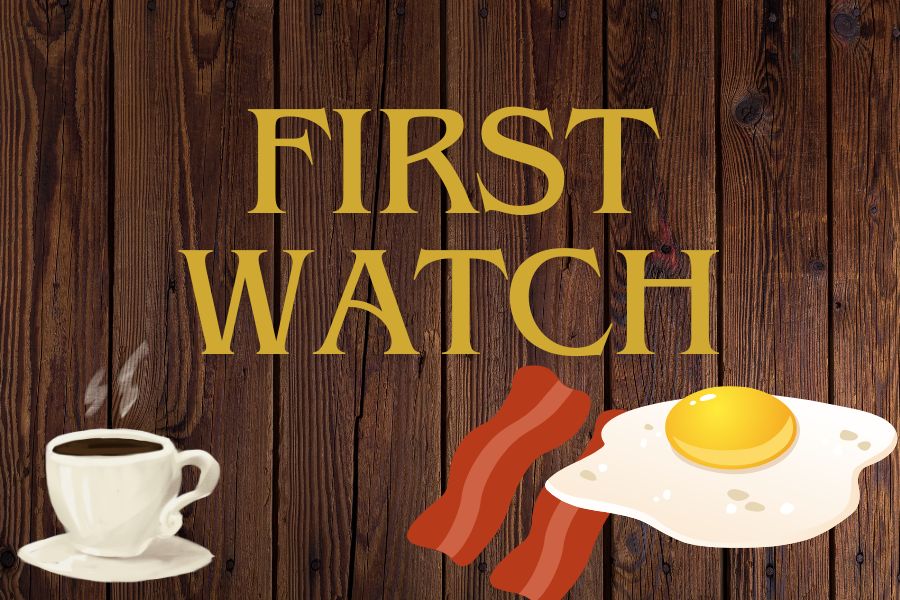He was a “normal, healthy” guy.
Just a father of two kids, a husband, and an airline pilot going to a satellite emergency room after feeling sick for a week.
He knew there was something seriously wrong with him.
He never thought it would be Leukemia.
“What the doctor told me was that I got sick two years ago when my blood mutated before I showed any symptoms of being sick,” 45-year-old Plano resident David Whitson said. “It took that one cell two years to make two trillion cells to make me sick. I was the kid at school who never got sick. I literally didn’t miss any school when I was younger. I asked the doctor how I got it, and they just said it’s bad luck.”
Leukemia is a disease that involves blood cells that grow and divide rapidly when the DNA of primarily white, immature blood cells become damaged in some way. The healthy cells die and are eventually exchanged for other cells that grow on bone marrow.
After three rounds of total body radiation twice a day for Whitson, he needed a peripheral blood stem cell transplant to replace his damaged stem cells. Otherwise, his genetic mutation would come back.
The Purdue University Dance Marathon is a fundraiser that collects more than $1 million annually for Riley Children’s Hospital in Indianapolis. Allie Reimold was the event’s fundraising director and invited Be the Match, an organization that screens possible donors for people with blood diseases. Through her involvement, she too decided to participate as a potential stem cell donor.
“It was more so of, everyone did it at the marathon, I didn’t think too much of it,” Reimold said. “I really thought it was great work, but the chances are so slim that you’ll get contacted.”
Out of 568 potential matches for Whitson, Reimold was the perfect fit.
“My first semester of graduate school, they called me and said that I was a possible match, and I needed future testing,” Reimold said. “That was the first time I heard from them in I think [about] five years.”
Before the transplant in December 2016, Whitson was placed in an induced coma to undergo radiation treatments. He described the coma as making his “body eat its own muscles.”
“When I woke up, I couldn’t sit up, couldn’t turn left or right,” Whitson said. “I had to have these [people] help me to use the bathroom.”
He tried to regain his strength, but progress was slow without the ability to even stand on his own.
“All I could really do was lay in the hospital bed and raise my legs because all I wanted to do was walk 10 feet to the bathroom and be able to take a shower,” Whitson said. “But my body was so weak.”
Despite Whitson feeling like he was “slowly dying” when he woke up from the coma, his biggest concern wasn’t for himself.
“I wasn’t afraid to die,” Whitson said. “I was more afraid for my kids, and my wife. I didn’t know how it was going to affect my kids. The hard part for me was wanting to see my kids grow up and just be their dad. Right now, I’ve basically had a year and a half that I didn’t think I was going to have. It looks like I’m going to be around for a while.”
Many people don’t want to donate bone marrow/stem cells because they think it will be unbearably painful, Reimold said. However, she experienced it differently.
“I certainly wouldn’t say it’s easy, but it’s not as intimidating as it sounds,” Reimold said. “When you say ‘donating bone marrow’ it sounds really extreme. For me for example, I took these injections for a week, and I was sore and felt like I had worked out but that’s about it. It’s absolutely wild to think that just from signing up and from donating my time, now there’s a person out there in remission. It’s such an important thing for people to do.”
Although Whitson had hundreds of possible matches, there are many people who have slim chances of getting a match. Most of those people who struggle with finding a donor are people who are minorities. Whitson said he learned of an 8-year-old African-American boy with only two possible matches.
“Both of them said that they didn’t want to do it,” Whitson said. “One of them said he was too busy with work. That’s just horrible.”
After Whitson became aware of this and made his recovery, he set out to do his part in helping the people who haven’t gotten the chance to heal.
Whitson will volunteer at the school with DKMS for DNA testing on Tuesday, May 22. The testing will take place in B100 from 7-8:45 a.m. and 4:15-6:30 p.m. People from ages 18 to 55 are eligible to donate, and the testing will be a couple cheek swabs that will be sent for examining at DKMS. Whitson said people from all ethnicities should consider donating.
“The goal is to get as many people as we can get on the registry because the better it is for everybody,” Whitson said. “I came from an European background, so there’s a lot of people on the registry in my case. The problem is, if you’re a minority or mixed race, it’s very, very difficult to find a donor. It’s really encouraging when it doesn’t matter if you’re a Republican or a Democrat or whatever it is, nobody deserves to be laying in a hospital bed to die. And if you can save somebody, that’s what they need. They need you to sign up.”
Although Whitson’s doctors are predicting the cancer won’t come back, he is waiting until two years after the transplant to be out of remission and considered fully recovered. He’ll know in December if the cancer is gone. He is waiting to be cleared by the Federal Aviation Administration to return to piloting.
With Be the Match, the donor and receiver aren’t able to meet or get into contact until a year after the transplant. A couple of months ago, Whitson decided to send Reimold an email. The subject line read “You saved my life.” Reimold said she was at a bar with friends watching the NCAA basketball tournament when she saw the message.
“I just started bawling in the middle of this bar,” Reimold said. “I ended up leaving and calling him. It was an amazing experience, and my first impression of him was he is an amazing person. He loves his family, has a great family. Has an amazing sense of humor, and he really is so positive and has such a good outlook on life.”
Whitson and Reimold plan to meet in person for the first time next month.
“We’re just so thankful that a college girl who was helping out at a children’s hospital with her sorority decided to sign up,” Whitson said. “She’s just a giving person.”
Throughout this whole process, Whitson considers his eyes being opened to the importance of donors..
“You should sign up because you could save somebody’s life,” Whitson said. “It’s one thing that we can all agree on. Nobody deserves to die because they’re waiting on stem cells to save their life. That’s what I believe. I just want to get the information out to people that donating bone marrow is different than donating blood. You only have a one percent chance of ever being called. That’s how small [the possibility of being a match] is.”




